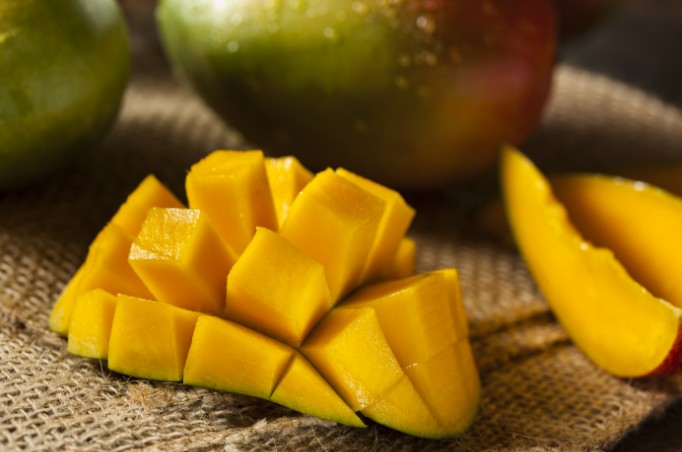Not Just Delicious: Mango vs. Cancer
The mango, one of the juiciest and tastiest fruits with a unique aroma, holds numerous health benefits. This time, we'll focus on its antioxidants, known for combating inflammation and the development of cancer cells.

One of the juiciest and tastiest fruits with a unique aroma found on the shelves is the mango. It turns out its health benefits are numerous. The orange hue of mango indicates its content of an important and well-known antioxidant called 'beta carotene,' which serves as a foundation for vitamin A. It also contains a high amount of vitamin C and other health-promoting components. However, this time I wish to focus on its antioxidants in the context of preventing and restraining inflammatory processes in general and the development of cancer cells in particular. A study examined the effect of extraction from mango fruit on female cancers, colon, lung, prostate, and leukemia. The compounds (polyphenols) in the mango extraction affected all cancer types, with a special effect found on female cancer cells and colon cancer. These compounds caused selective apoptosis of the cancer cells, meaning the damage was inflicted solely on cancer cells without harming healthy cells.

An interesting study was conducted with mango extraction on patients with rheumatoid arthritis. After about six months of treatment, a significant impact was found on the pain level and disease symptoms, allowing for a reduction in anti-inflammatory medications prescribed by doctors. Furthermore, it was found that the compounds present in the mango extraction have a protective influence on liver, heart, blood vessels, kidneys, and more against oxidative damage. It should be noted that the active ingredients are found in the fruit but predominantly in the peel, so much so that some even recommend eating the fruit with its peel.
In any case, it is advisable to combine eating mango with nuts or non-roasted almonds (of course) as they slow down the rise of blood sugar levels after consumption (glycemic index). It's important to note that some people develop allergic reactions to eating mango and tropical fruits in general. Therefore, those who love mango and suffer from allergies should check if avoiding mango consumption reduces their allergy symptoms. Apart from eating the fruit itself, it can be incorporated into fruit smoothies, including apples, pears, berries, and it's always good to add almonds or nuts that enhance the taste and balance blood sugar. The smoothie can, of course, be drunk, but it can also be poured into molds to make a healthy, refreshing, natural summer popsicle.
Eliyahu Shechter is an Iridologist and Natural Therapist

